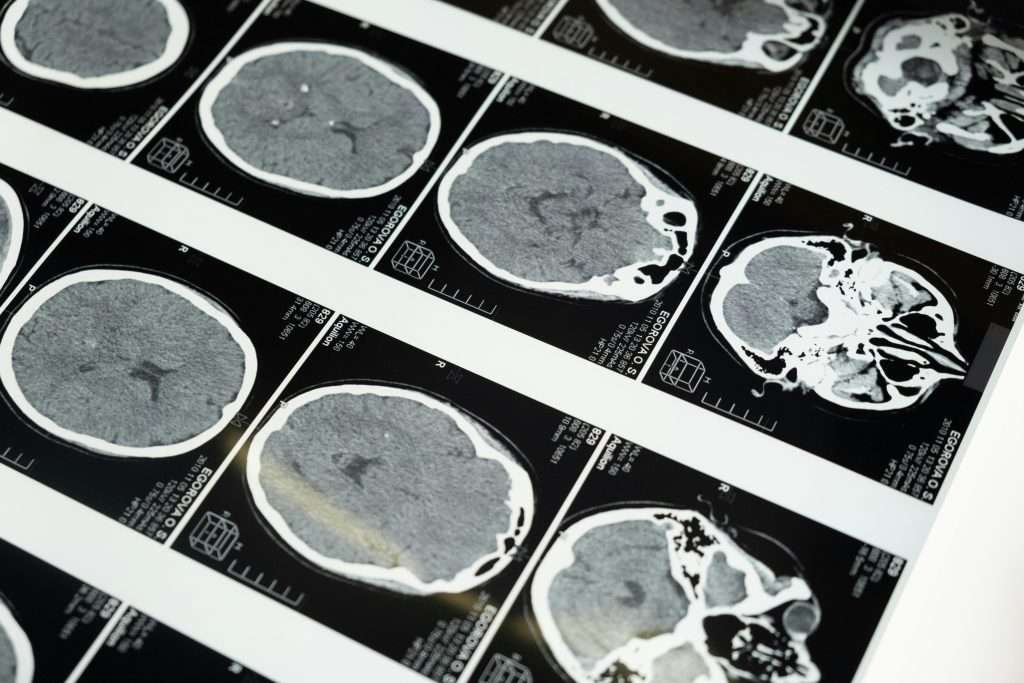Gratitude is more than just a fleeting feeling of appreciation; it’s a transformative practice that can reshape the brain and enhance overall well-being. Recent research in neuroscience has shed light on the profound effects of gratitude on neural pathways and neurochemicals associated with happiness, resilience, and mental health. In this article, we’ll explore the neuroscience of gratitude and its implications for personal growth and psychological well-being.
Activation of Reward Pathways
When we experience gratitude, it activates the brain’s reward pathways, particularly the ventral tegmental area (VTA) and the nucleus accumbens (1). These regions are associated with feelings of pleasure and reinforcement, similar to the response triggered by other rewarding experiences such as food, sex, or social interaction.
Release of Neurotransmitters
Gratitude stimulates the release of neurotransmitters such as dopamine and serotonin (2). Dopamine, often referred to as the “feel-good” neurotransmitter, plays a key role in regulating mood, motivation, and pleasure. Serotonin, another neurotransmitter, is involved in mood regulation, sleep, and appetite, contributing to feelings of happiness and well-being.
Reduction of Stress
Research has shown that gratitude can reduce levels of cortisol, the stress hormone, in the brain (3). Chronic stress can have detrimental effects on the brain and body, including impaired cognitive function, weakened immune response, and increased risk of mental health disorders. By reducing stress levels, gratitude promotes resilience and enhances overall well-being.
Activation of Prefrontal Cortex
Gratitude engages the prefrontal cortex, particularly the medial prefrontal cortex (mPFC) and the anterior cingulate cortex (ACC) (4). These areas of the brain are involved in decision-making, emotion regulation, and social cognition. By strengthening these neural circuits, gratitude enhances our ability to process emotions, empathize with others, and make positive choices.
Improvement in Mental Health
Studies have shown that cultivating gratitude can lead to improvements in mental health, including reduced symptoms of depression, anxiety, and stress (5). By shifting focus away from negative thoughts and rumination, gratitude promotes a more positive outlook on life and enhances overall psychological well-being.
Enhanced Resilience
Gratitude fosters resilience by helping individuals reframe adversity and find meaning in challenging circumstances (6). By acknowledging and appreciating the positive aspects of their lives, even in the face of adversity, individuals can build psychological resilience and bounce back more effectively from setbacks.
In conclusion, gratitude is a powerful tool for promoting mental health, enhancing well-being, and fostering resilience. By practicing gratitude regularly, whether through journaling, meditation, or acts of kindness, we can harness its transformative effects on the brain and cultivate a more positive and fulfilling life.



0 Comments
Join the conversation